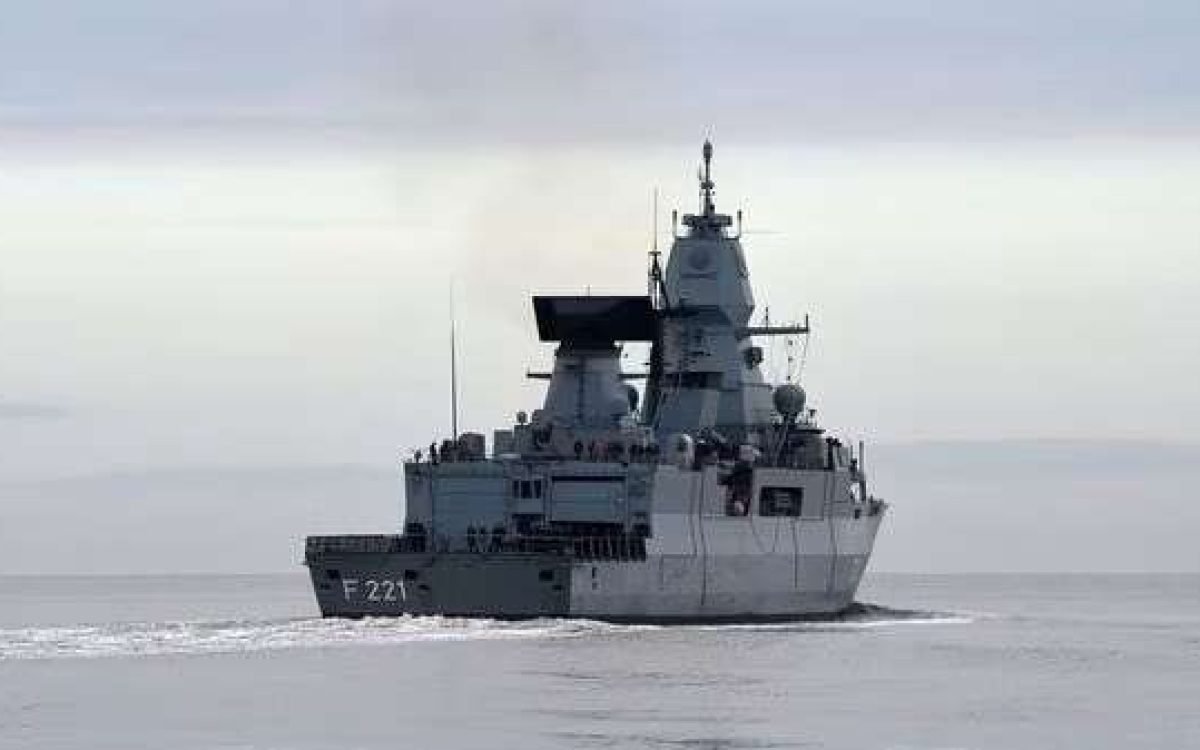India Ratings and Research (Ind-Ra), a subsidiary of the Fitch Group, has warned that ongoing disruptions along the Red Sea route may significantly escalate freight and forwarding costs for businesses engaged in international trade. According to the rating agency, these costs could surge by 25-30%, exacerbating challenges for industries already grappling with trade issues amid the Red Sea crisis.
The crisis unfolded after Yemen’s Houthi group launched attacks using drones and missiles on commercial ships at the southern end of the Red Sea. As a result, many logistic companies have suspended operations in the region, opting for longer routes to reach destinations in the Middle East and Europe. This redirection of maritime traffic not only prolongs transit times but also incurs additional expenses, contributing to the anticipated surge in freight costs.
Furthermore, the disruptions are expected to worsen the working capital cycle by 15-20 days, particularly impacting industries such as agriculture and textiles. The working capital cycle, which refers to the time interval between payments made to suppliers and revenue received from sales, is a critical metric for assessing financial health. The prolonged cycle strains liquidity and operational efficiency, posing significant challenges for businesses across sectors.
The repercussions of the crisis extend beyond increased costs, with pressures on cash flow anticipated to lead to higher borrowings, especially for sectors such as iron and steel, auto and auto ancillaries, chemicals, and textiles. These industries have witnessed a year-on-year rise in net leverage in the first half of the current fiscal year, exacerbating financial strain.
Soumyajit Niyogi, director of the core analytical group at Ind-Ra, highlighted the significance of the challenge, particularly for entities with low value addition and thin margins. While large entities may have some leeway to accommodate incremental costs, delays and disruptions in supply chains remain critical factors to monitor.
For medium-sized entities, the challenge is compounded, impacting both costs and supply chain continuity. As businesses navigate the complexities of the Red Sea crisis, vigilance and strategic adaptation will be paramount in mitigating risks and sustaining operations in an increasingly volatile global trade environment.









